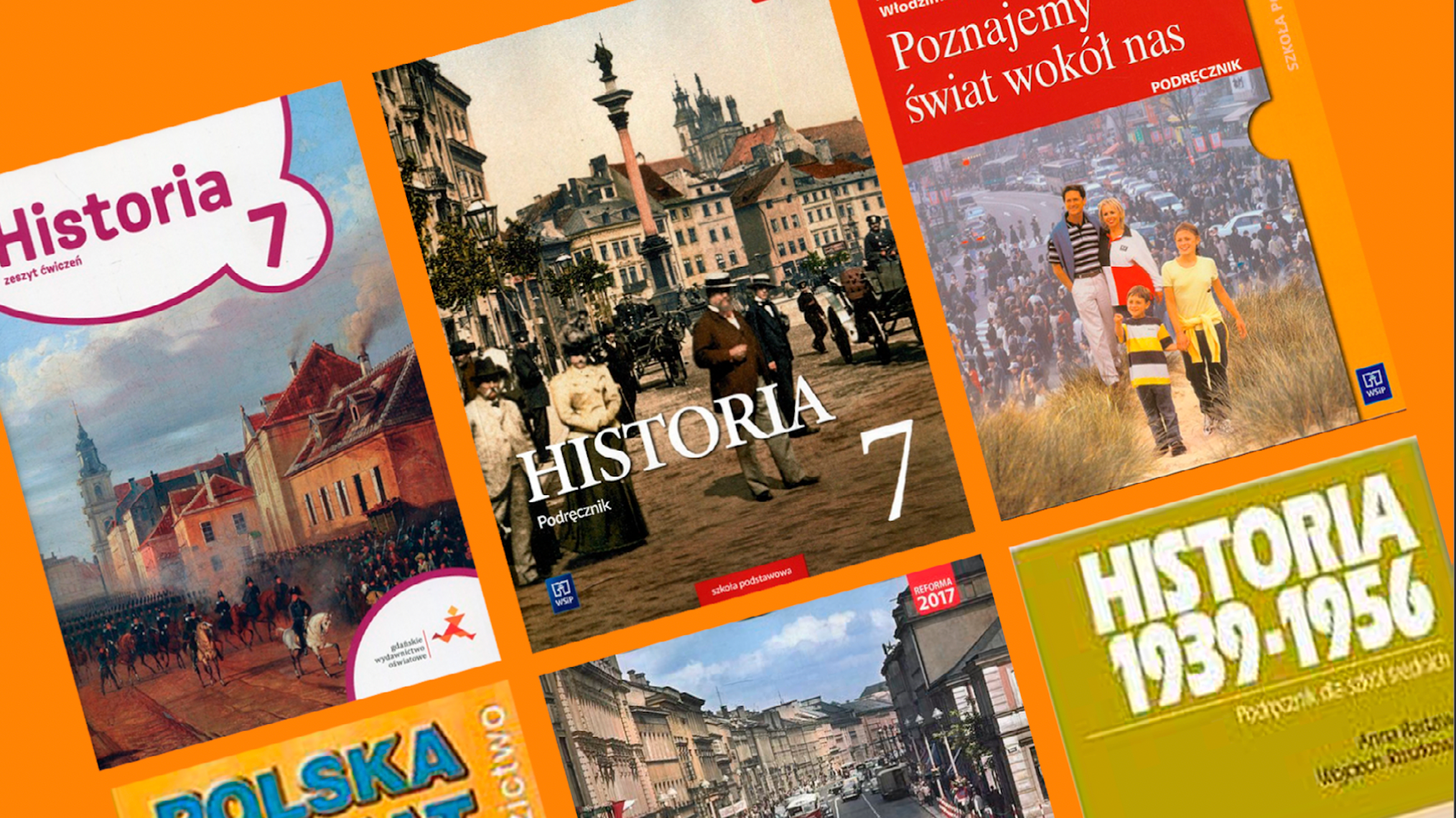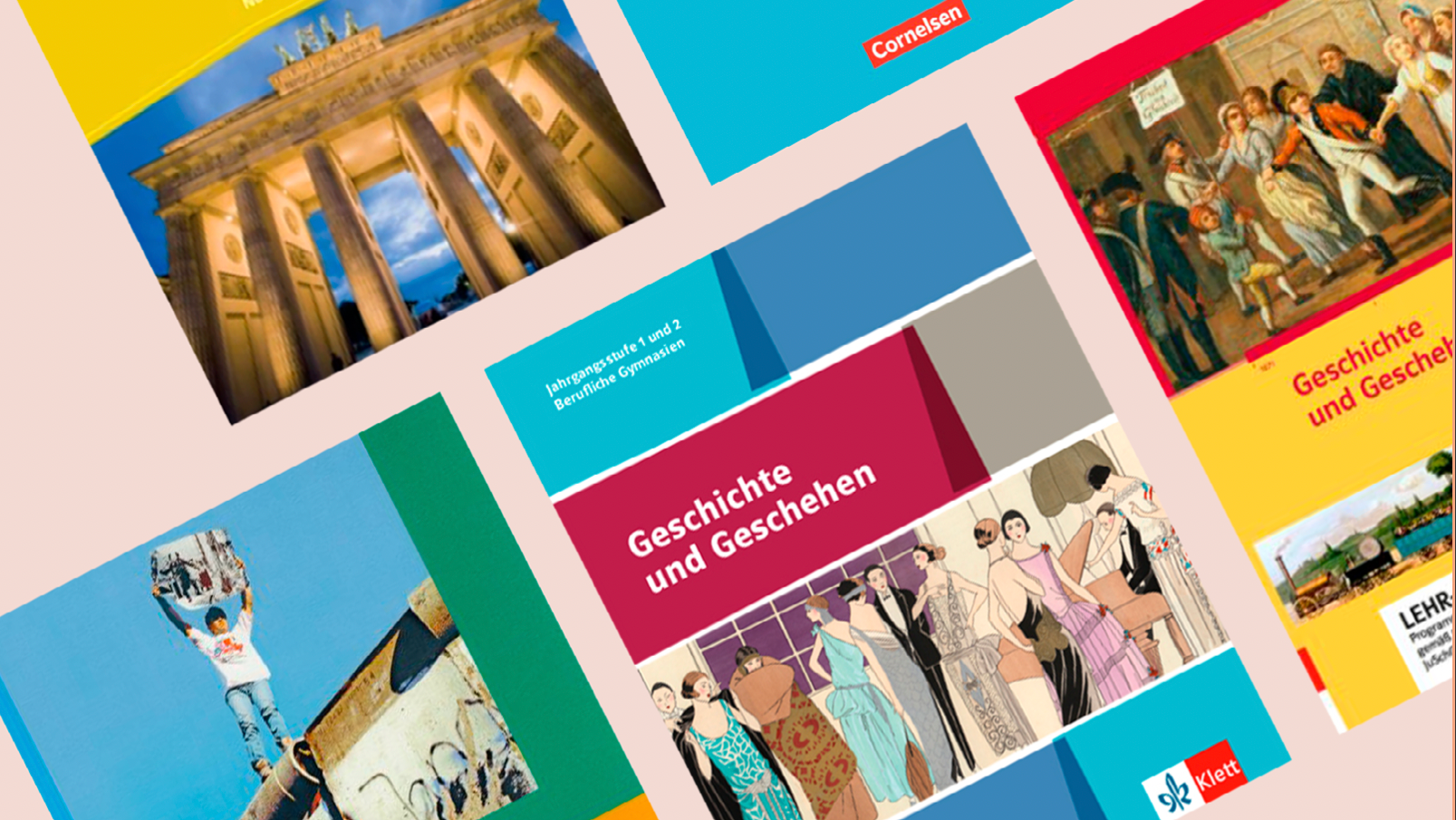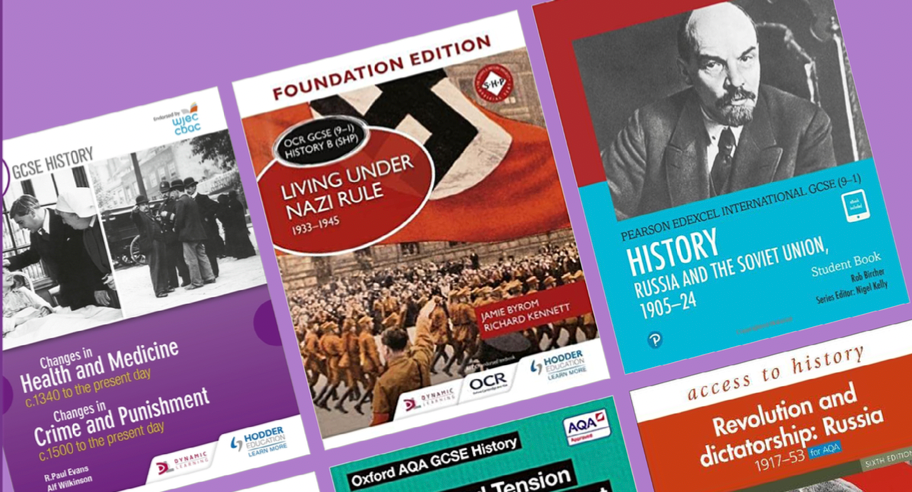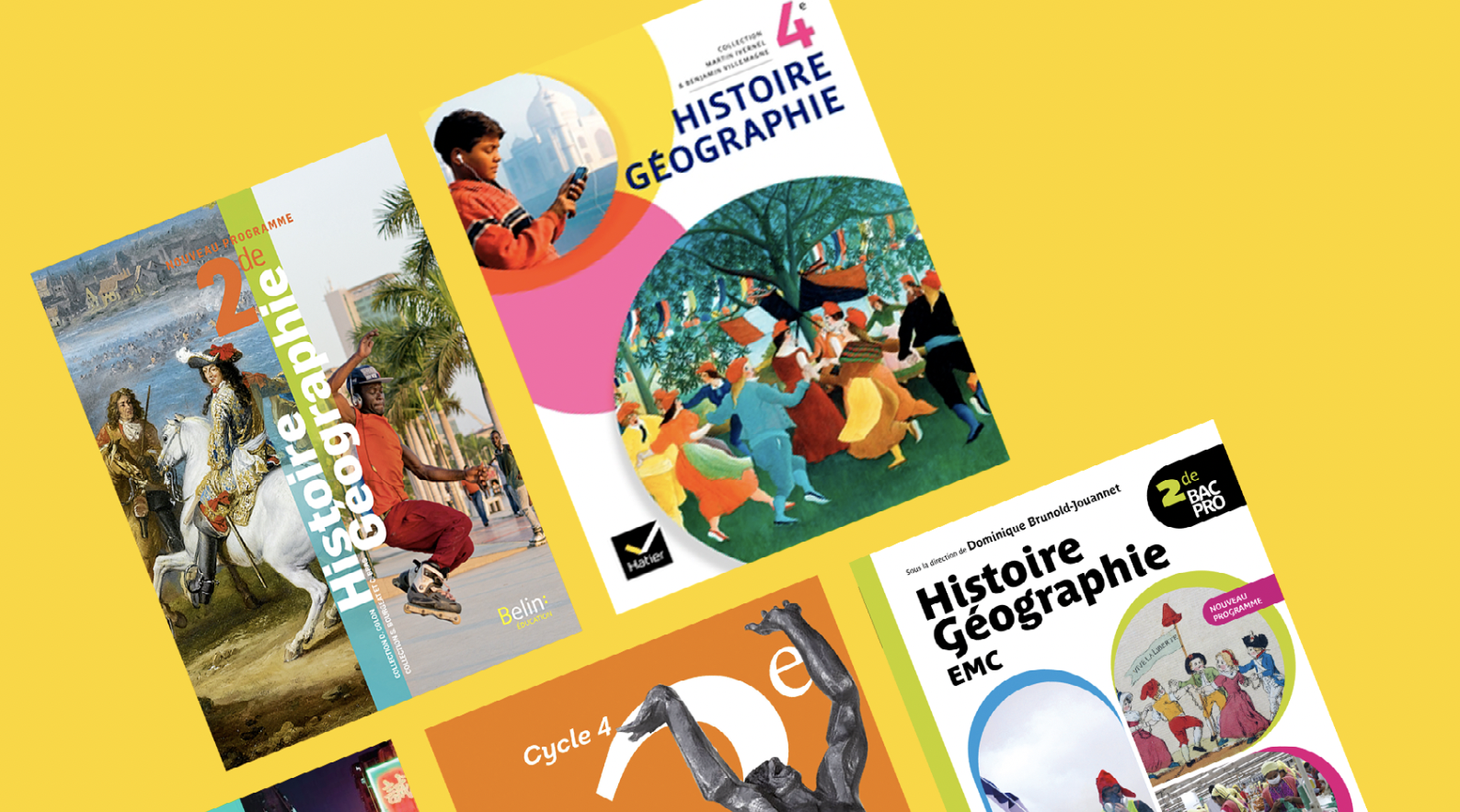The study
20th-century history of Ukraine in German history textbooks
Dates
2021-2022
Author
Oleksandr Udod
Series editor
Georgiy Kasianov
About the study
This research is part of the study of European school textbooks and manuals on the representation of key historical events related to Ukraine’s role in global processes, which was organised and commissioned by the Ukrainian Institute.
The author analysed German textbooks and manuals on history (or mixed historical disciplines), which are used in German educational programs.
The research reveals and analyses key narratives on the presentation of the 20th-century history of Ukraine and its interpretation in German school textbooks.
Key Points
The author believes that German history textbooks set a certain standard for creating educational history literature in contemporary Europe. It is reflected in minimal government regulation, academic freedom, and flawless modern methodology. In German textbooks, all of these factors work together to provide an organic unity of scientific and didactic excellence.
Germans view world history through the lens of national priorities. They are researching the histories of countries that have an impact on the world order and are important in bilateral relations. Ukraine is not on Germany’s priority list. Their politicians are still Russia-focused, putting Russia first in defining German policy toward Eastern Europe, as evidenced by school textbooks and manuals.
The author suggests paying attention to the activities of the bilateral German-Ukrainian Commission of Historians, including it in discussions about the problem of presenting Ukraine’s history in Germany in general and in the history school curriculum in this country in particular.




